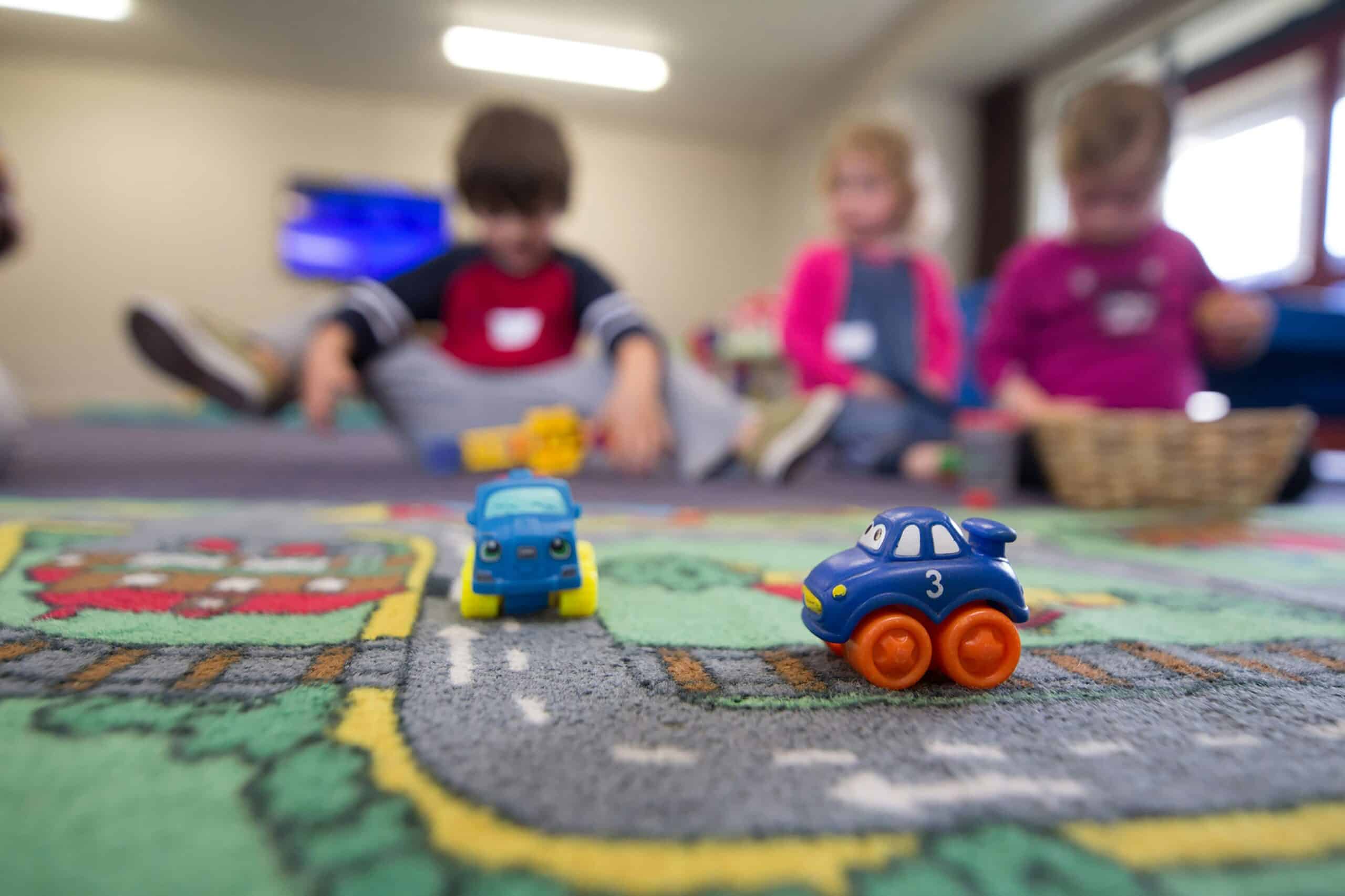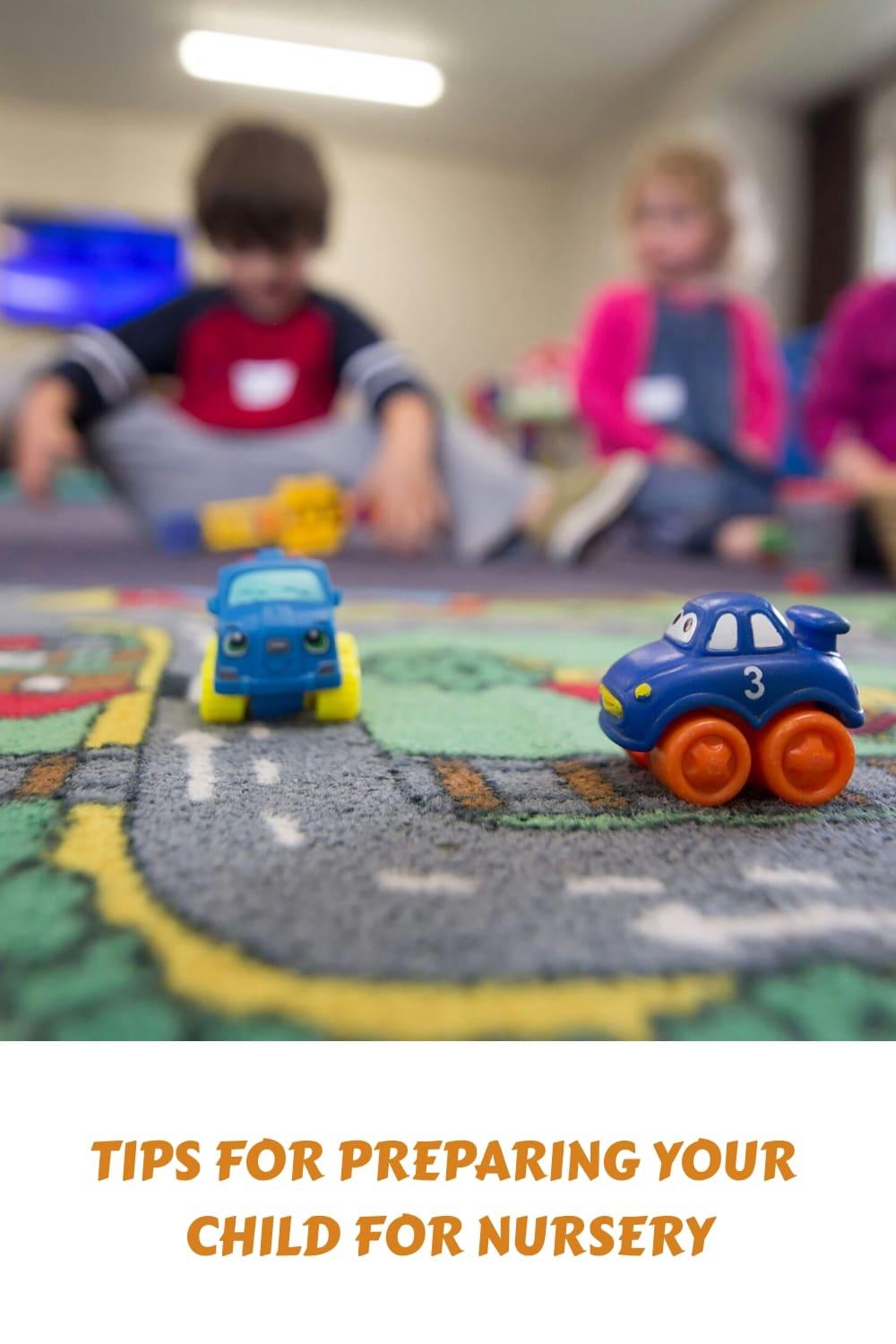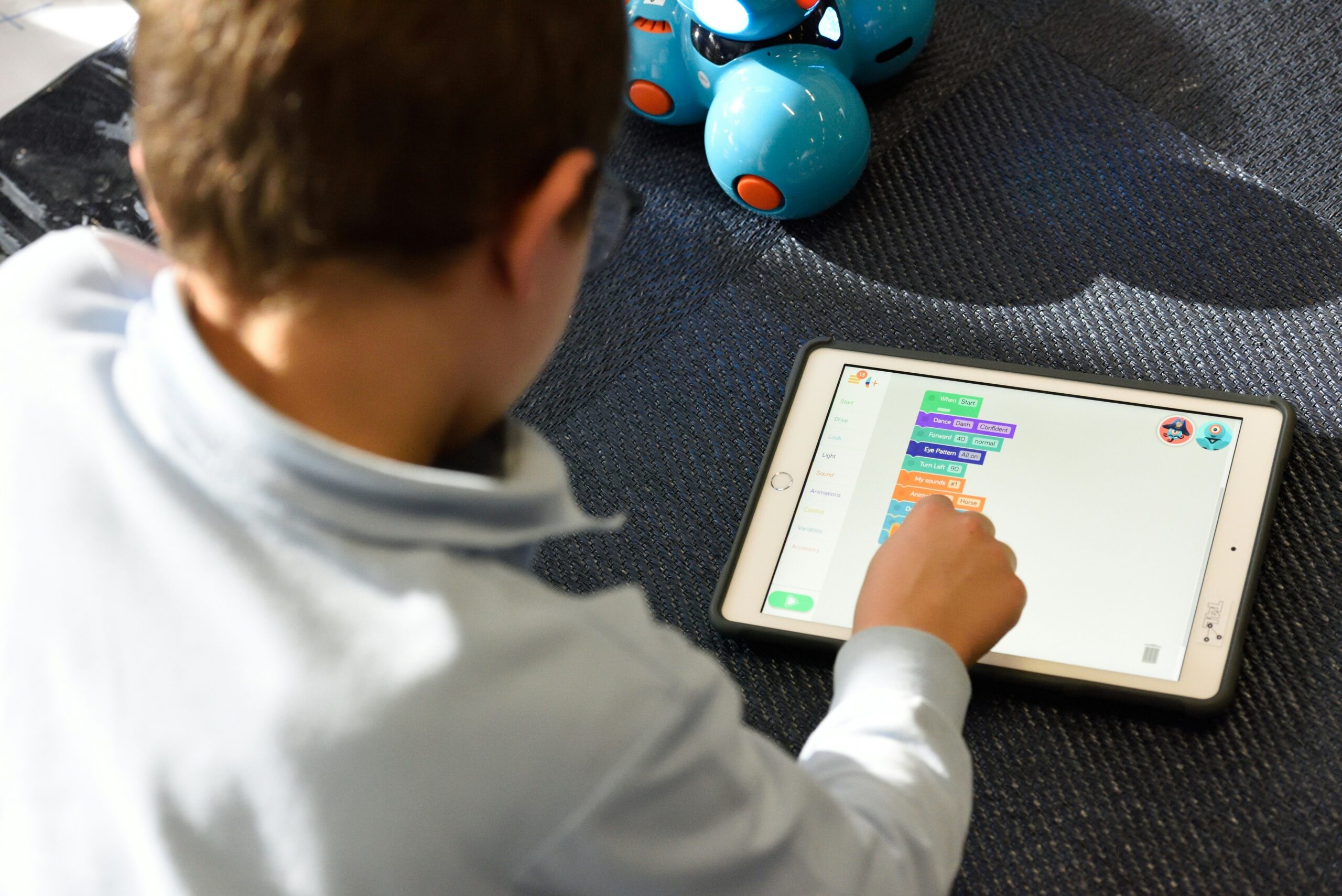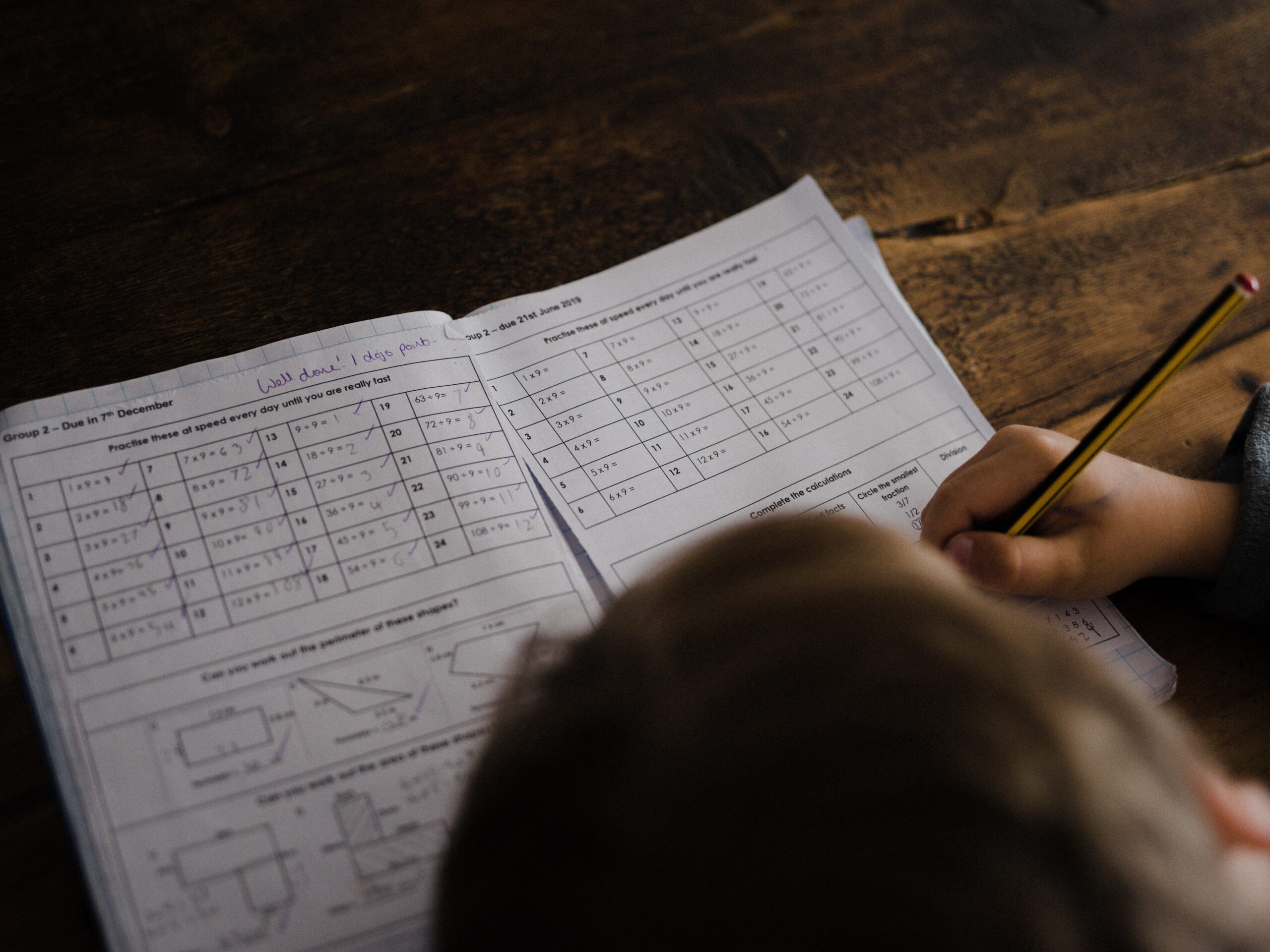Tips for Preparing Your Child for Nursery
Sending your child off to nursery for the first time can be an emotional and nerve-wracking experience for both parents and children alike. While it marks an exciting milestone in your child’s development, it’s natural to have concerns about how they’ll adjust to this new environment. Read on for some valuable tips to help parents prepare their child—and themselves—for nursery, ensuring a smooth transition and a positive start to this new chapter.
Start Early and Gradually
Begin preparing your child for nursery well in advance to give them time to adjust to the idea of being away from home and spending time with other children and caregivers. Introduce the concept of nursery through books, stories, and play pretend games. Gradually increase separation time by arranging short outings or playdates with trusted caregivers, gradually building up to longer periods of time away from you.
Visit the Nursery Together
Arrange a visit to the nursery with your child before their first day to familiarise them with the environment, meet the teachers, and explore the classrooms and play areas. Encourage your child to ask questions and express any concerns they may have. This helps alleviate anxiety and creates a sense of comfort and familiarity when they return for their first day.
Establish a Routine
Establishing a consistent daily routine can help ease the transition to nursery for both you and your child. Set regular wake-up, meal, nap, and bedtime schedules to provide structure and predictability to your child’s day. Practice activities such as getting dressed, packing a bag, and saying goodbye to simulate the nursery routine and build independence and confidence in your child.
Communicate Positively
Maintain a positive and reassuring attitude when discussing nursery with your child. Use encouraging language and focus on the fun and exciting aspects of nursery, such as making new friends, playing with toys, and learning new things. Avoid expressing anxiety or apprehension in front of your child, as they may pick up on your emotions and become more anxious themselves.
Pack Comfort Items
Pack familiar comfort items in your child’s nursery bag, such as a favourite toy, blanket, or stuffed animal, to provide a sense of security and familiarity in the new environment. These comfort items serve as a source of comfort and reassurance for your child during times of separation and transition.
Foster Independence
Encourage your child to develop independence and self-help skills that will serve them well in nursery. Teach them how to put on their shoes, use the toilet independently, and follow simple instructions. Practice activities such as tidying up toys, washing hands, and carrying their own bag to foster a sense of responsibility and confidence in your child.
Stay Positive and Reassuring
On the first day of nursery, maintain a positive and reassuring demeanour as you drop off your child. Offer plenty of hugs, kisses, and words of encouragement, and assure your child that you’ll be back to pick them up later. Keep goodbyes brief and avoid lingering, as prolonged goodbyes can make it harder for your child to adjust.
Stay Connected with the Nursery
Stay connected with the nursery staff and stay informed about your child’s progress and experiences throughout the day. Communicate any concerns or special instructions to the teachers, and ask for updates on how your child is settling in. Establishing a good relationship with the nursery staff helps build trust and confidence in the care and support your child receives.
Sending your child to nursery is a significant milestone that marks the beginning of their educational journey and social development. By starting early, visiting the nursery together, establishing a routine, communicating positively, packing comfort items, fostering independence, staying positive and reassuring, and staying connected with the nursery, you can help prepare your child—and yourself—for this exciting new chapter with confidence and ease. Remember that every child adjusts to nursery at their own pace, and with patience, love, and support, they’ll soon thrive and flourish in their new environment.







